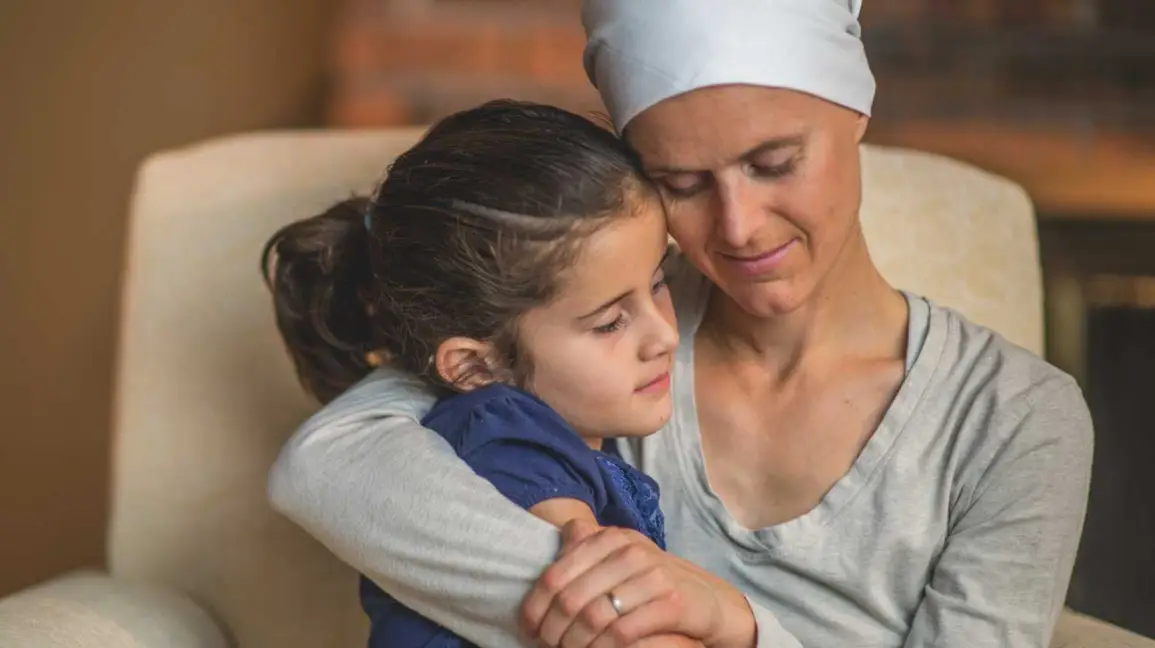Finding out a child has diabetes can be an incredibly difficult and emotional experience for parents. In the scenario of a mother bursting into tears after her 4-year-old son’s diagnosis, it’s a testament to the shock, grief, and fear that often accompany such news.
Parental responses to a child’s diabetes diagnosis
- Shock and Denial: Initially, parents may find it hard to believe the diagnosis, particularly if there’s no prior family history of the condition.
- Grief and Sadness: Coming to terms with the reality of a lifelong chronic condition requiring constant management can be overwhelming, leading to feelings of sadness and grieving the “normal” life they envisioned for their child.
- Guilt and Self-Blame: Many parents grapple with feelings of guilt, questioning if they could have prevented the disease or somehow contributed to it.
- Anger and Resentment: It’s natural to feel angry at the perceived unfairness of the situation, directed at the disease itself, or potentially at healthcare professionals or even themselves.
- Anxiety and Fear: Parents often worry about their child’s future, managing the disease, potential complications, and the impact on their child’s well-being and development.
Support for parents
- Information and Education: Learning about diabetes and its management can be empowering and help alleviate anxiety.
- Open Communication: Talking about feelings with family members, friends, or a counselor can be beneficial.
- Support Groups: Connecting with other parents facing similar challenges can provide a sense of community and understanding.
- Mental Health Professionals: Seeking help from a counselor or therapist can offer guidance and strategies for coping with the emotional impact.
It’s crucial for parents to prioritize their own emotional well-being while navigating the challenges of caring for a child with diabetes. Remember, it’s okay to feel overwhelmed and to seek help.

